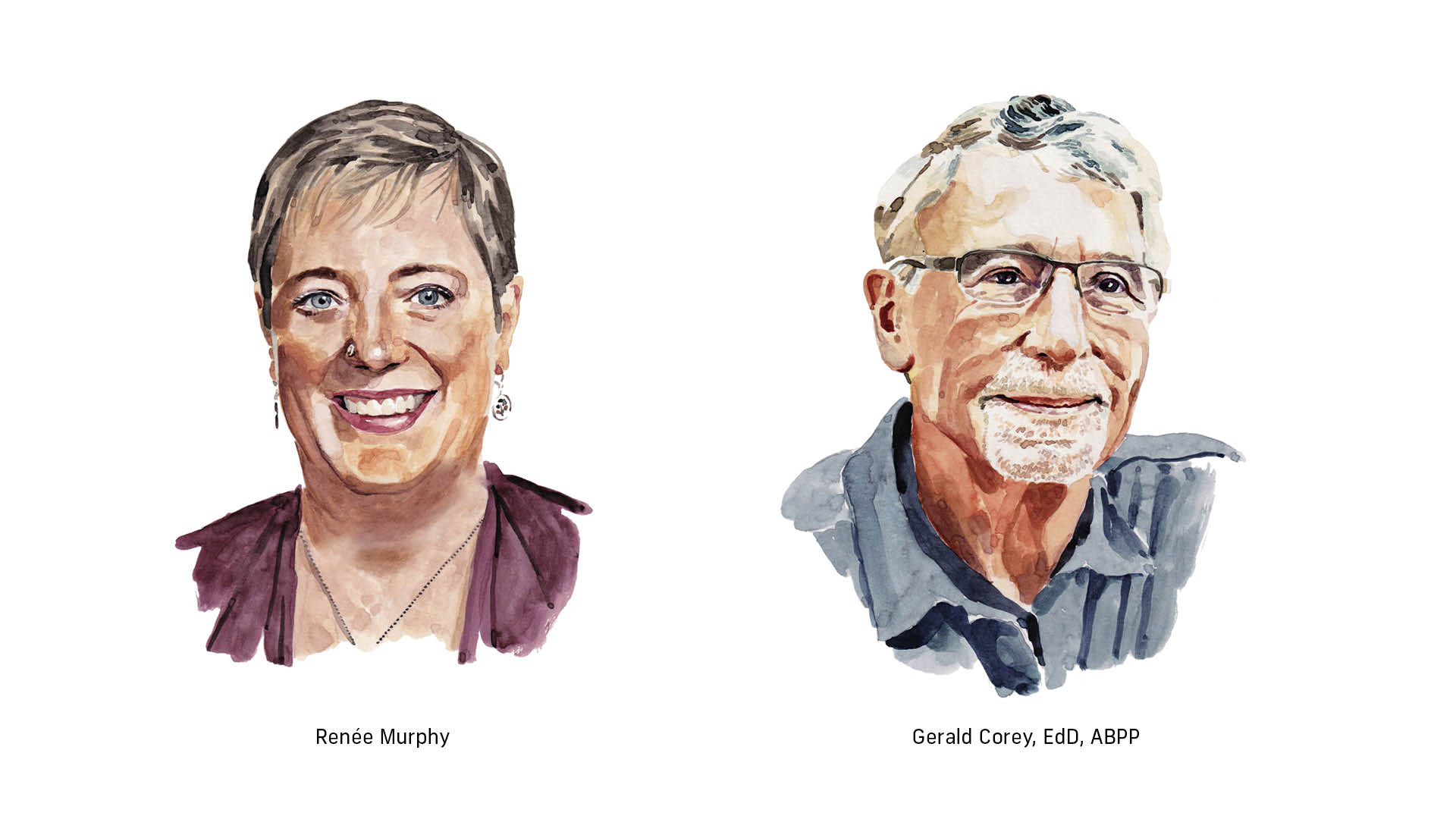How to Create Your Own Counseling Theory
September 2025

Every issue we ask a counseling student or new professional to pose a career-related question to another counseling professional who has experience in that topic. This month, Renée Murphy asks Gerald Corey, EdD, ABPP, how to develop a counseling theory.
Question:
As a student learning about the many different theories of counseling, I am wondering how I can figure out which theoretical approach best suits me. What are some ways I can develop my own theory to guide the practice of counseling?
Answer:
I have been teaching counseling theories courses for 55 years, and very early in training my students are asked which theory or theories they will adopt. I tell them to be patient with themselves. The first theories that appeal to them may not be the ones they actually use in practice.
A counseling theory is a road map that enables you to determine what you want to accomplish, the best way to get there and how to evaluate the efficacy of your work. All theoretical orientations offer value. I encourage you to remain open to multiple theories that may fit with the person you are. Functioning exclusively within the framework of one theory works for some people when the model is designed to be more comprehensive and the values within the theory fit the clinician. For most of us, however, one theory does not provide the therapeutic flexibility needed to deal effectively with the unique needs of diverse client populations in various settings.
In my ACA book The Art of Integrative Counseling, I note that all humans do three things: They think, they feel, and they act or behave. Different theories focus or emphasize one or more of these human functions; some address all of them.
The question, though, is what do you believe about human cognition (thoughts), emotion (feelings) and action? Which theories speak to your beliefs and values? Which of these three elements is most important or is where you want to start when facilitating change?
Some widely used theories include multicultural counseling, mindfulness-based approaches, cognitive-behavior therapies, motivational interviewing, acceptance and commitment therapy, dialectical behavior therapy, and solution-focused brief therapy. These models focus more on what to do in counseling rather than how to orient yourself to the process. For the latter, the older models from Freud and Adler to Rogers and the humanistic/existential models may work better.
When first starting out, I suggest selecting a primary theory closest to your basic beliefs and values. Learn this approach in as much depth as possible. Working within the framework of a primary theory provides a foundation on which to construct your counseling perspective and integrate other models and interventions.
At its best, integration is a creative synthesis of concepts and techniques that fit your unique personality and style. Developing a personalized approach is a career-long endeavor refined with clinical experience, supervision, reading, reflection, engagement with colleagues and getting feedback from clients. If you were asked what theoretical framework guides your practice, you should be able to answer that question and explain why.
In developing your approach, do not lose sight of the person in front of you. Pay attention to establishing and maintaining a safe, trusting climate. The relationship with clients is of paramount importance and is the key factor in supporting clients to make life-affirming changes. Although you have technical expertise in making assessments and applying interventions, your clients are the experts of their lives.


